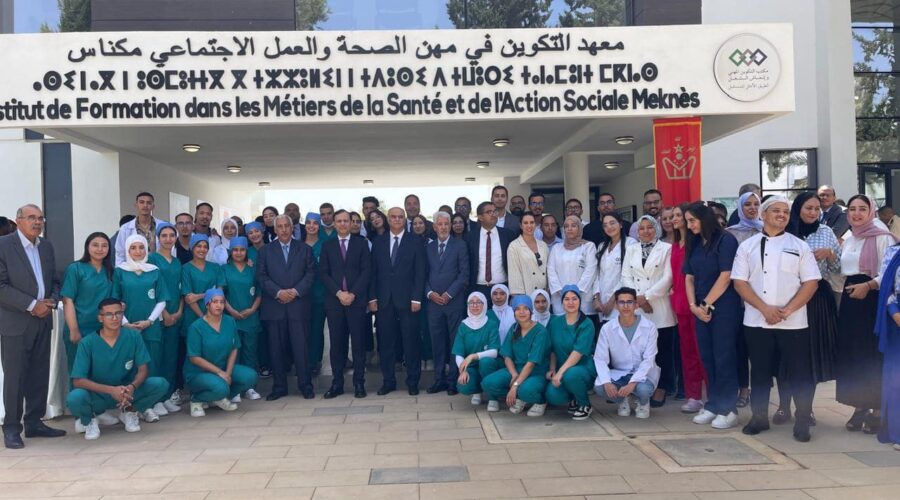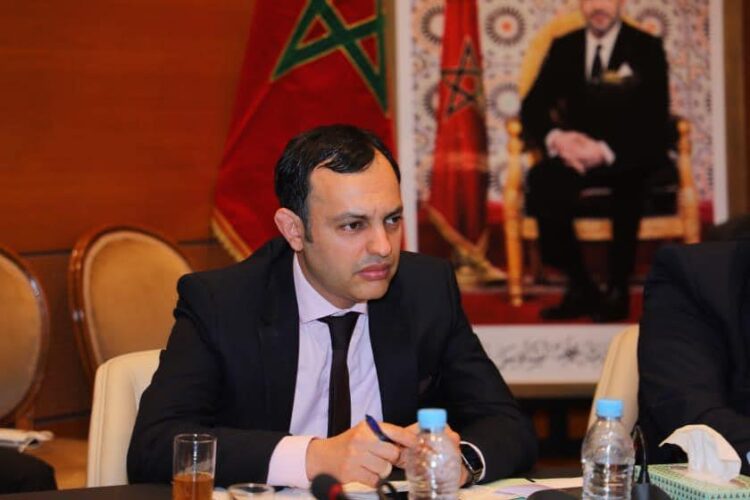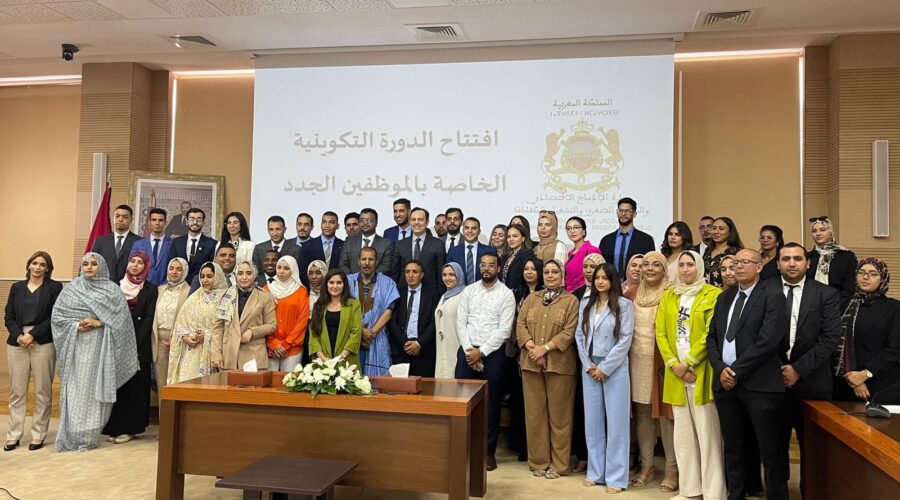The government “is well aware that its main mission is to strengthen the pillars of the welfare state and to enhance the human capital of the Kingdom and will work with dedication to preserve its dignity, enshrine its rights and ensure the conditions for its well-being,” said Akhannouch who presented the government program during a joint plenary session of the two Houses of Parliament.
Akhannouch mentioned the generalization of social protection as one of the main projects that the Executive will ensure to implement in this regard, in accordance with the Royal Vision.
“HM the King gave His High Instructions to the government for the gradual implementation of the generalization of social protection between 2021 and 2026. In application of the High Royal Directives, in particular those contained in His Majesty’s Speech on the occasion of the opening of this new legislature, the government has undertaken to continue the work of social protection under the high patronage of His Majesty the King,” he pointed out.
The Head of Government underlined that the government’s social policy is based on four pillars, in order to ensure real equality of opportunities for all citizens and enhance the human capital of the Kingdom, noting, in this sense, that the first pillar is the generalization of social protection, while the second pillar concerns the creation of a real social assistance system targeting the most vulnerable families.
In order to reduce social and economic disparities, he said, the government will provide, within the framework of the Royal project to generalize social protection, a minimum stable income to preserve the dignity of the elderly as well as allowances for needy families, and also undertakes to put in place a clear, integrated and multidimensional public policy in favor of people with disabilities, with the support of associations working for their integration.
Akhannouch also noted that in order to broaden the scope of social assistance programs through direct financial transfers instead of sporadic assistance, the government will speed up the establishment of the unified social register, which will ensure effective and less costly targeting of social assistance to beneficiaries, adding that this measure will streamline existing social assistance programs by facilitating the identification of people in need.
These unprecedented social measures will be complemented by significant investments in the strategic sectors of health and education, he said, adding that the generalization of social protection hinges on a real rehabilitation of the national system of health, which is considered the third pillar of the welfare state.
And to recall that “His Majesty King Mohammed VI underlined in his last speech that the main challenge is to achieve a real rehabilitation of the health system, according to the best standards and in the framework of an integration between the public and private sectors. The government is well aware of the importance of this project and will work with dedication to achieve it.”
Akhannouch stressed that the government is committed to strengthening the public health service, through the implementation of an ambitious plan, aimed at responding to the short-term emergency, while giving itself the means of developing the health care offer in the long term.
Regarding the financing of the comprehensive reform plan of the health sector, the government has committed to strengthening the budget for this sector during its mandate, he said, adding that the main elements of this reform relate to the increase in the number of health professionals and the revision of their status according to their skills and their sacrifices in order to better cover the national territory.
It is also about meeting the needs of patients, gradually generalizing family medicine, strengthening primary health centers and creating regional hospital networks, he pointed out.
Akhannouch noted that the creation of an electronic health card to reduce direct patient spending on health services, the review of drug policy and the granting of incentives to professionals in the health sector to reduce the phenomenon of poor spatial distribution of health professionals and the strengthening of the prevention policy are among the measures that will restore citizens’ confidence in the public hospital.
The fourth pillar of the welfare state, he said, relates to the reform of public schools and their rehabilitation so that they are attractive and constitute breeding grounds for future skills, stressing that the success of the challenge of quality school is based on renewed interest in public school stakeholders and the strengthening of educational ambition to ensure equal opportunities.
To this end, he noted that the mastery by Moroccan children of the achievements of primary and secondary levels is a sine qua non condition for universities to be able to fully play their role of transmission and deepening of knowledge.
Akhannouch also underlined that progress towards equal opportunities requires supporting an ambitious early childhood policy, equipping children with the necessary knowledge and educating young people to attach themselves to Moroccan cultural values with all their Islamic, heritage, intellectual, cognitive, social and artistic components, while ensuring the support of the rising generation in order to imbibe the values of openness and tolerance between religions.
With a view to reforming the education system, the government considers the rehabilitation of the teaching profession as the main starting point and this through improving the quality of teacher training and their working conditions, said Akhannouch, noting that in order to consolidate the skills of teachers, the government will work on a national plan aimed at increasing the training capacities of the educational staff.
The most important pillar of this plan, he said, concern the creation of selective and vocation training for teachers, through the creation of an education faculty to train teachers, to which access will be carried out on a selective basis, in parallel with the strengthening of the training capacities of current structures, in particular the regional centers of education and training professions, to improve the quality of teachers’ vocational training.
In addition, Akhannouch underlined that the rehabilitation of the teaching profession necessarily involves improving the teacher’s income at the start of the carrier, its follow-up throughout it, and the regular evaluation of his/her competences, noting that, within the framework of the national social dialogue, the government undertakes, during the first year of its mandate, to open a social dialogue, in particular with the most representative education trade unions, in order to agree on procedures and measures aimed at gradually raising the minimum net monthly salary at the start of their career for holders of the pedagogical qualification diploma of the regional education and training centers.
Akhannouch stressed that the government will make investment in human capital a priority to allow the public and private sectors to have access to skills adapted to their needs, noting in this regard that improving the university training will enable these sectors to acquire qualified human resources able to meet the requirements of a diversified economy oriented towards innovation.
In order to strengthen the attractiveness of higher education establishments, the government will launch an investment plan aimed at making the university more open to its environment, renovating university infrastructure as well as developing a real culture of academic complexes, he pointed out.
In the cultural field, Akhannouch stressed that the government will give priority to the integration of Moroccan cultural legacy into the economic and social life of citizens, the development of cultural production, investment in cultural pluralism as well as the creation of conditions capable of enabling the country to engage in the world of knowledge and communication.
He also stressed that the government will endeavour to support young people as part of a comprehensive and integrated program through the creation of a “youth passport” to facilitate integration, mobility and cultural emancipation of this category.
With regards to the sports field and given its growing role, the government is determined to give priority to the promotion of school and university sport at the territorial level, and to give physical and sports education a preponderant place in study programs, in addition to injecting real dynamism into school sport at the regional level, by supporting sports associations and encouraging them to carry out their activities within educational and vocational training establishments. (MAP)






